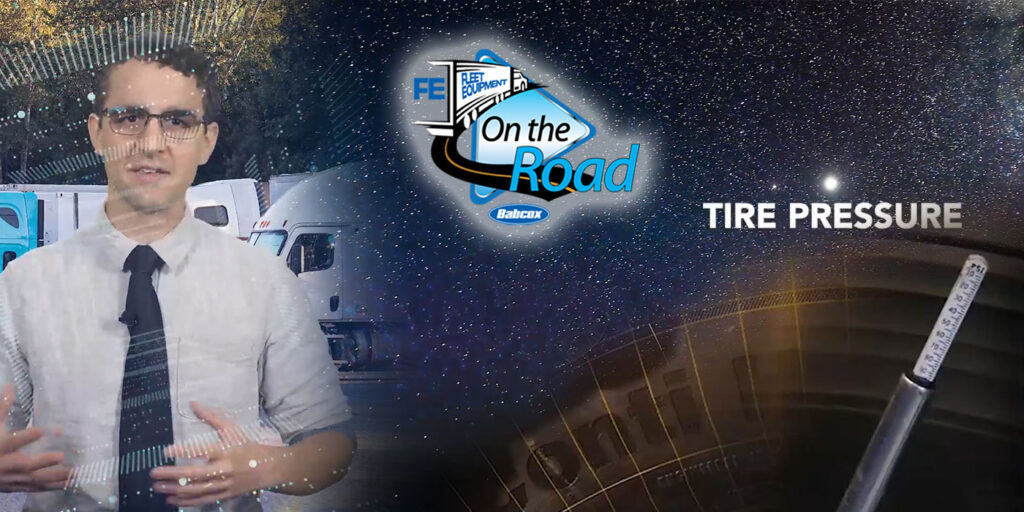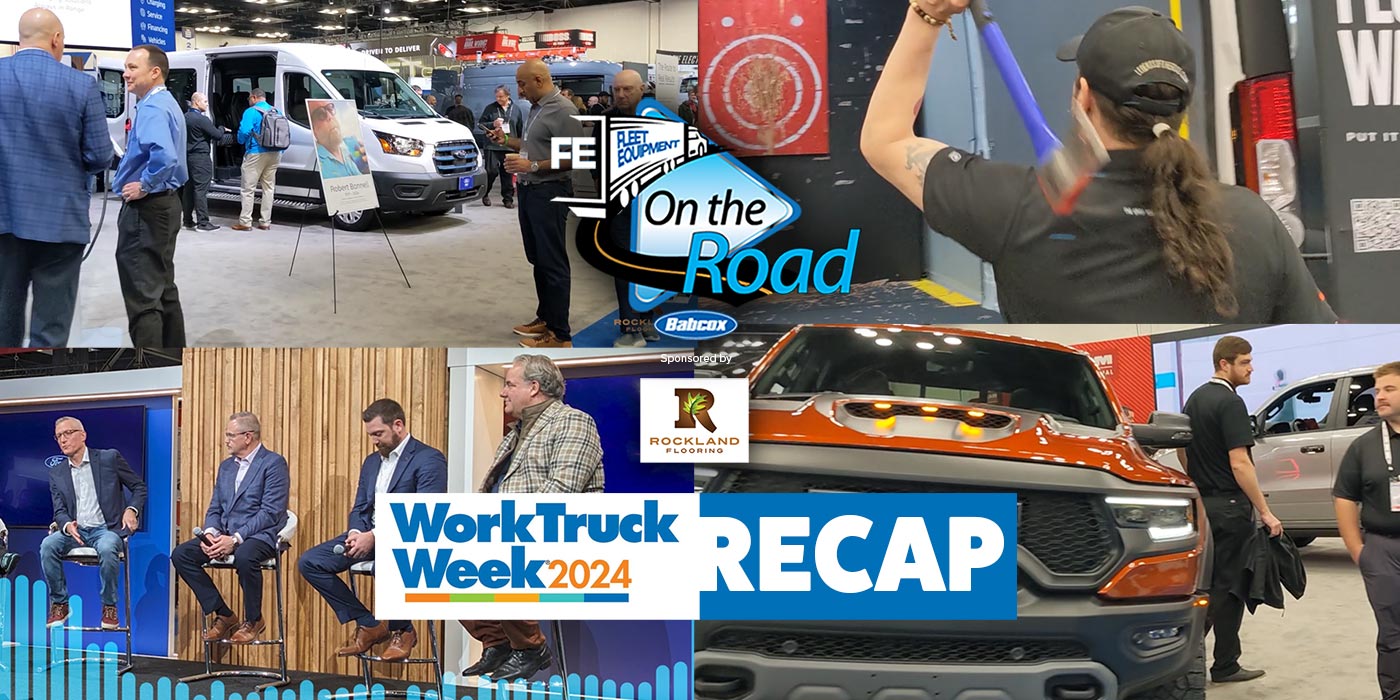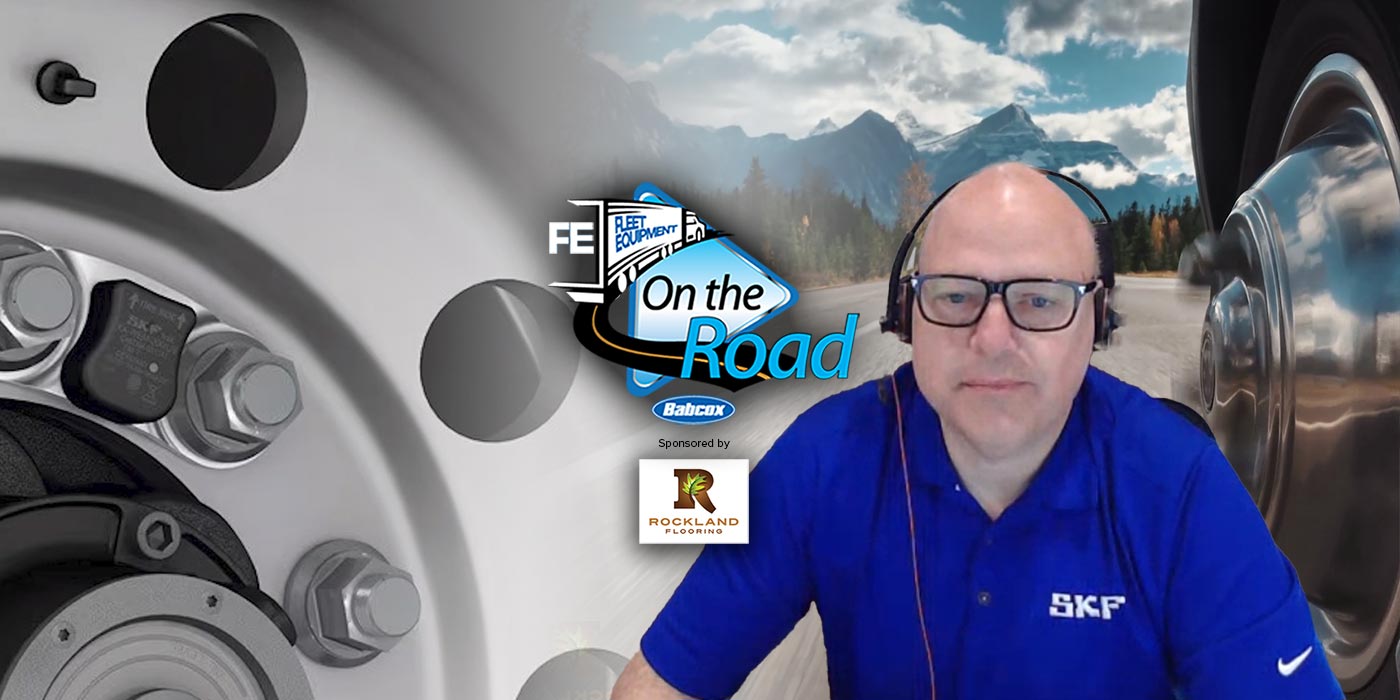Let’s say the boss is looking for your latest total cost of ownership data. So, you start adding up all the tiniest details to get you there, starting with one of the biggest expenses for most fleets, the tires. You go outside, do a quick tire inspection and there’s your first data point.
The trouble is, this isn’t going to be nearly enough to get the full picture of TCO, because to do that, you actually need to be performing routine tire inspections and reviewing the results of those inspections over time so you can spot the trends that lead to TCO.
When it comes to tires, it’s all about the treads – er, trends! Having a routine tire inspection program is such a big deal when it comes to TCO. That means understanding tire acquisition price, fuel efficiency, wear or mileage, and even the value of a tire’s casing at the end of a tire’s life.
Will this require effort and discipline? Of course! But, I believe it was Bruce Lee who once said: “I fear not the fleet which has inspected 10,000 tires once. Fear the fleet who has inspected one tire 10,000 times.”
My point is, if you want the big picture, you’ve got to start by analyzing the tiniest details over, and over, and over again. Don’t stop!
Click here to watch more of FE’s On the Road video series.
OK, you need a routine, disciplined tire program. So… what does that mean, exactly?
Start with a premium tire and retread designed for the application and position. Then, throughout the life cycle of that tire, perform regular checks on proper tire pressure levels and constantly be on the lookout for signs of tire damage. Do this, and you’re much less likely to need to tap into what are necessities for many fleets, like emergency roadside service calls or early tire removal.
Now, if your fleet is interested in collecting data on tire performance, like tire pressure or temperature, you should consider investing in a tire management solution. There are nationwide service networks out there that can offer both regular, proactive maintenance, as well as emergency roadside assistance in case it comes to that – and don’t be ashamed if it does. It happens!
Whether you’re going at it with a little help or on your own, one standard routine tire check needs to be your north star of truck tire maintenance majesty: Tire pressure.
Here’s where many fleets tend to go wrong: They choose a definitive pressure like 100 PSI as their standard for all tires across the truck, for all of their trucks. In reality, if you look at manufacturer suggestions, 100 PSI isn’t always the recommendation. Look at the steer tire, in particular, and you’ll find the number is often much higher than 100 PSI. So instead of sticking to one number, use the manufacturer load and inflation tables to determine the proper pressure settings based on the load carried.
You’ll also want to be sure you’re monitoring each truck’s tire inflation at least weekly – but honestly, daily is the way to go here – and conduct weekly or at most monthly visual inspections to check for wear issues. It can be difficult to pinpoint exactly where irregular tire wear comes from, so talk to your friendly neighborhood commercial truck tire dealer if you need some help, but some of the top causes include under-inflation, vehicle misalignment, worn-out king-pins and loose U-bolts.
If you want to avoid spending a fortune and jacking up that TCO, uneven or irregular wear must be identified early on, and that takes a bit of discipline. And speaking of discipline, ever hear that old adage that says “practice doesn’t make perfect, perfect practice makes perfect”? Well on that note, consider training to be a constant part of your service routine. Train your drivers and service professionals consistently, because technician turnover rates are high, and you don’t want losing the one guy or gal who’s been making the difference in your fleet’s tire program to be the difference in your fleet’s success.














